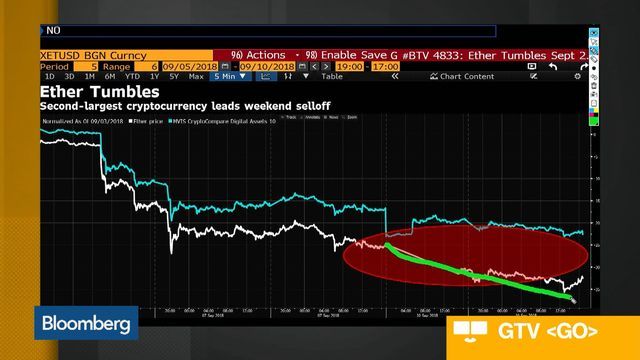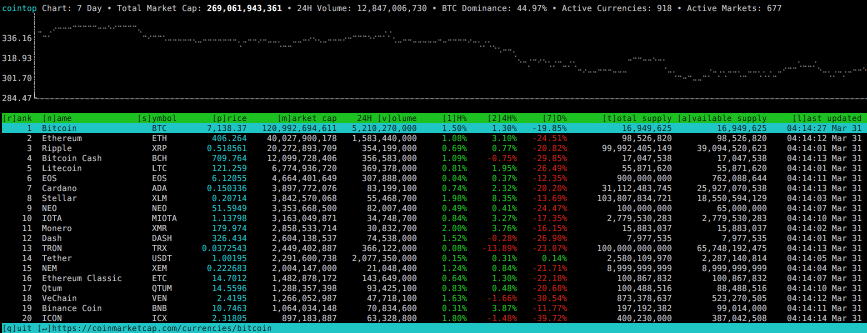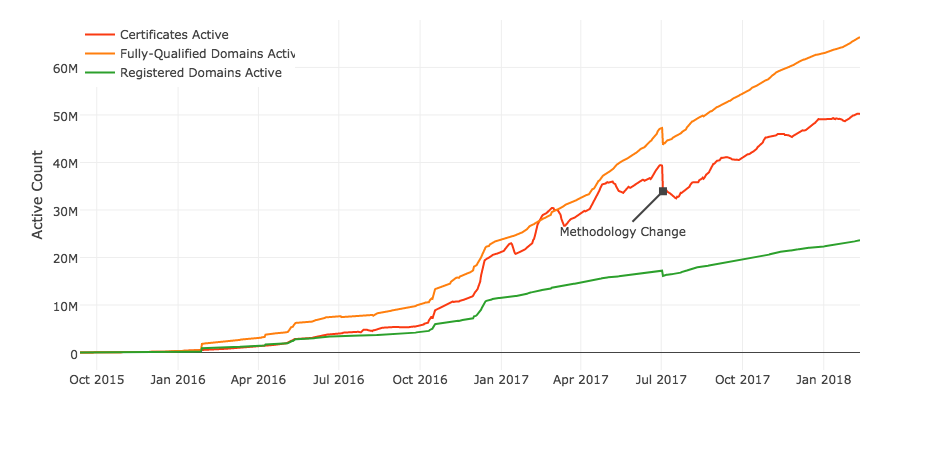The story of Heroku
This week on The Changelog we’re joined by Adam Wiggins, co-founder and former CTO of Heroku, for an exclusive trip down Heroku memory lane. Adam and Jerod are both tremendous fans of Heroku and believe (to this day) they represent the apex in developer experience for delivering code to production.
We talk through the beginnings of Heroku, the v1 most people have forgotten about, the era of web hosting back in 2008-2010, the serendipity of Silicon Vally in those days, pitching to Y Combinator, the makings of git push heroku, the Heroku style and name, the sale of Heroku to Salesforce, potential regrets — and we tee up part 2 coming next week with Adam going beyond Heroku and the story of Muse.
Matched from the episode's transcript 👇
Adam Wiggins: [01:21:49.13] Because your kids are all grown up and out in the world doesn’t mean you don’t still love them and have emotional reactions to things transpiring in their lives, right? Yeah, for sure, that that one was tough for me to see, because it was part of our original vision, or somewhere in that early vision, that it’s quick to get started. And it’s not about it being free exactly. It’s that you don’t need to make too many decisions to start a new project, and get it on the internet. And that’s something that – actually, I think open source was the thing that really kind of opened my mind to that originally, which is… I remember years ago when you wanted to - or at least my early experience with SQL databases was things like Informix, where you needed to go get a license before you could even use the software. So if you have an idea for a project late at night, you’re not just going to like spin it up out of nowhere. There’s this whole ritual that is involved. Now there’s the money, of course, and then that leads you into “Okay, is this project really important enough to spend the money?” and like needing to frontload that decision. So for sure, being able to like just get something up and running quickly and frictionlessly, and the free is part of that… So yeah, I was quite sad to see that.
I have a lot of sympathy for the business decision, because having been on the inside of that machine, even all those years ago - I’m sure it’s changed a lot since then, but it is a huge amount of… “Work” doesn’t even capture it. “Responsibility”, “stress”, I’m not quite sure. But being responsible, or a steward in some way for all these applications is just this huge job, and there’s really a lot of clutter with the free apps. And I probably, looking back, would have done it a little differently. Actually, we did make some big changes… This was kind of right around the time I left… Actually, I’ll give a shout-out to my colleague, Peter van Hardenberg, who’s now running the Ink & Switch research lab… But he was one of the ones that helped lead the project of setting up these hobby dynos, and something where there was like a little bit more restrictions on the free stuff… So if you’re like “Okay, yes, you get started with a quick side project, but if you really are going to make it be a longer-term thing, and you’re getting value from it, you should pay some amount. It doesn’t have to be a lot; just a little bit.” And that’s a way – it’s less about the money in the sense of like paying for the runtime or whatever, and it’s more about just sorting out what’s really important to people and what’s not. And that sorting is important, because you end up with all these junk apps that were like one-off experiments, or someone just kicking the tires, or whatever, but you can’t tell those apart from the ones that are important to people. And so it makes just the running and the maintenance of the platform a lot harder.
And then, you throw in the whole like spam and abuse side of things, which we always knew in the beginning would be a challenge… But of course, this is long before there was such a thing as cryptocurrency mining. So in today’s internet - I mean, I don’t know what the trust and safety team or whoever it is there that needs to deal with this, but I can only just can’t even begin to fathom how much work it is to kind of filter and manage just this totally free, open-ended runtime.
So I wish there had been a different solution; I’m sure they’ve thought about it and came up with what made the most sense, because I can see something there being a big problem for the business, and that problem impacting other users and customers, right? Badly-behaved apps in some ways sucking up all the time and attention of the team that’s running the thing, and then they have less time to support the people who are really getting value from the platform. So I see why the free apps would be a problem. But at the same time, it was a core part of the vision, which is that it’s completely frictionless to get started, and this takes that away.








